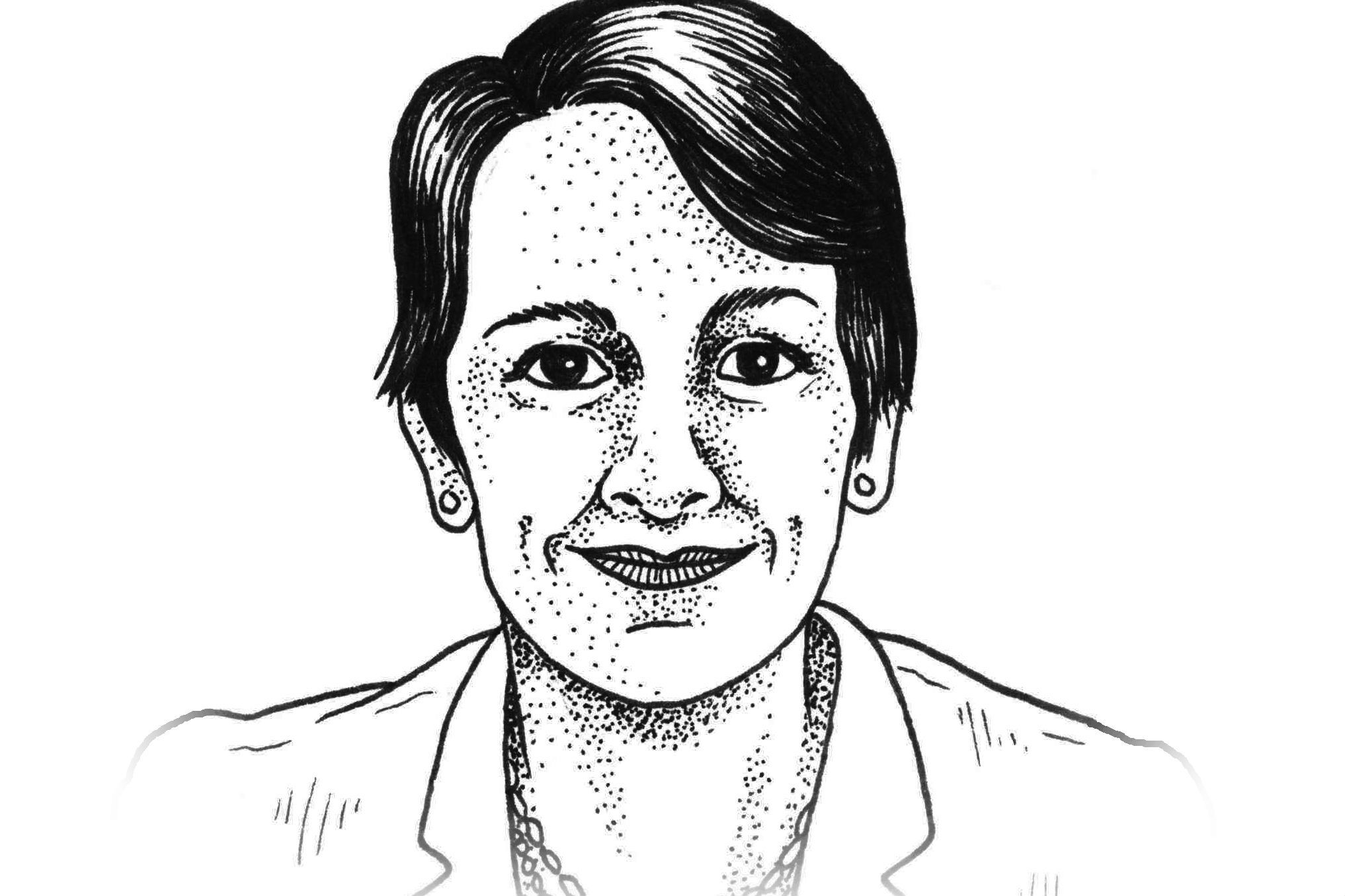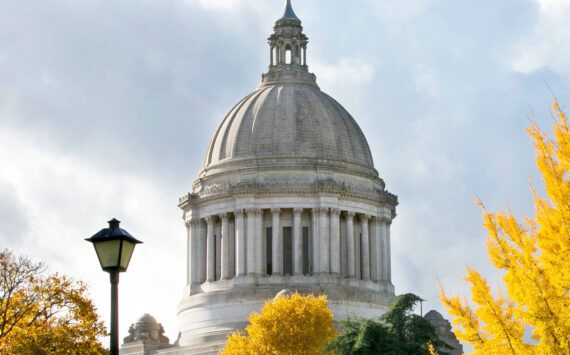“A pit bull in pixie’s clothing,” the New Jersey Star-Ledger called her, “one who is not afraid of aggravating everyone and anyone for a civil-rights cause.”
Deborah Jacobs, King County’s new police-accountability czar, describes her own strategy for social change in gentler terms. “It’s been a walk between being an aggressive advocate and a good collaborator,” she says. “And it’s worked.”
Both she and the Star-Ledger are referring to her success at cleaning up the police department in Newark, N.J., when she was director of the state chapter of the ACLU. After compiling evidence that complaints against police were mostly being blown off by the department, in 2010 the ACLU convinced the U.S. Department of Justice to investigate. After retiring from the ACLU in 2013, Jacobs worked as a policing consultant in Ferguson and St. Louis, Mo.—the site of prolonged protests against the killing of teenager Michael Brown and other black Americans by police.
Now Jacobs is taking the reins at King County’s newly expanded Office of Law Enforcement Oversight. The sheriff’s office handles policing in unincorporated King County and contracts with 12 cities and Metro transit. Jacobs has about 700 sworn officers to watch.
“The voters were clear,” she says, referring to last year’s charter amendment that cemented and expanded OLEO’s authority. “ ‘We want a strong oversight office in King County.’ And I’m here to fulfill that mandate.”
You used to work for the ACLU in New Jersey, which has at times clashed with police. How’s that going to affect your work here?
It’s not only through the ACLU. Over the past two and a half years, I’ve been in Missouri and St. Louis, working on Ferguson policing in a consulting and voluntary role as well. When I applied to this job, several of my references were law enforcement or prosecutors, because I managed to be an aggressive advocate and at the same time work collaboratively. The key to doing that is a couple things. One is being an honest broker. The second one is finding the places of agreement and working on those. “Here, we agree on these three things, that’s plenty to work on, let’s put everything else aside and focus in on that.” Through the experience of working through policy issues and things like that, then we tend to gain trust and know that it’s OK to work with each other.
What’s an example of success reforming the Newark police? We were suing them for taking a high-school student into custody for filming the police. During the course of that lawsuit, despite the city’s lawyers telling him not to, the director [of police] agreed to create a policy and training for officers so that they know that the public has a right to film them. This is the kind of work I’ve been able to do as an honest broker. It’s not about getting the police. Best police practices keep everybody happier and safer.
That’s true up to a point. But our country is also in the middle of a tense, racially fraught argument over what the police are and should be. How do you approach that? Here’s what I think needs to happen. Through a democratic, collaborative process, citizens of towns, cities, and states across the country need to make some decisions about what is most important for police to do. You’ve heard of the “Broken Windows” theory—that if you go after property crime, you’ll lower other kinds of crime. That doesn’t really bear out, but the idea in general is that people don’t like property crime.
On the other hand, things like Michael Brown walking in the street, [ending] up dead. The woman [Sandra Bland] who was pulled over by an officer and went to jail and she died. And although we don’t know how she died, what we do know is that if she wasn’t in jail, she wouldn’t have died. So was that [intervention] worth a life?
I know Seattle is so progressive, you have to think about these things all the time.
Well, one thing I’ve heard from a lot of black activists I’ve spoken with is that while Seattle likes to think of itself as liberal, sneaky white liberal racism is still widespread. Right. Being liberal and being good on race are not the same thing, and that has borne out over the past year or two of the movement for black lives. So we need to think about what’s most important to us and what’s the consequences of those choices. Does that mean you have to deal with rowdy teenagers or a bad kid in the neighborhood or whatever it is, do you have to deal with that and not expect the police—find other methods and mechanisms to deal with it? Those are choices that have to be made.
How does the county sheriff’s office compare to Seattle and Newark police in terms of accountability? I’m not walking into a troubled police department. I’m walking into a well-run police department. That being said, we have a lot of work to do.
cjaywork@seattleweekly.com
This interview has been edited for clarity.








